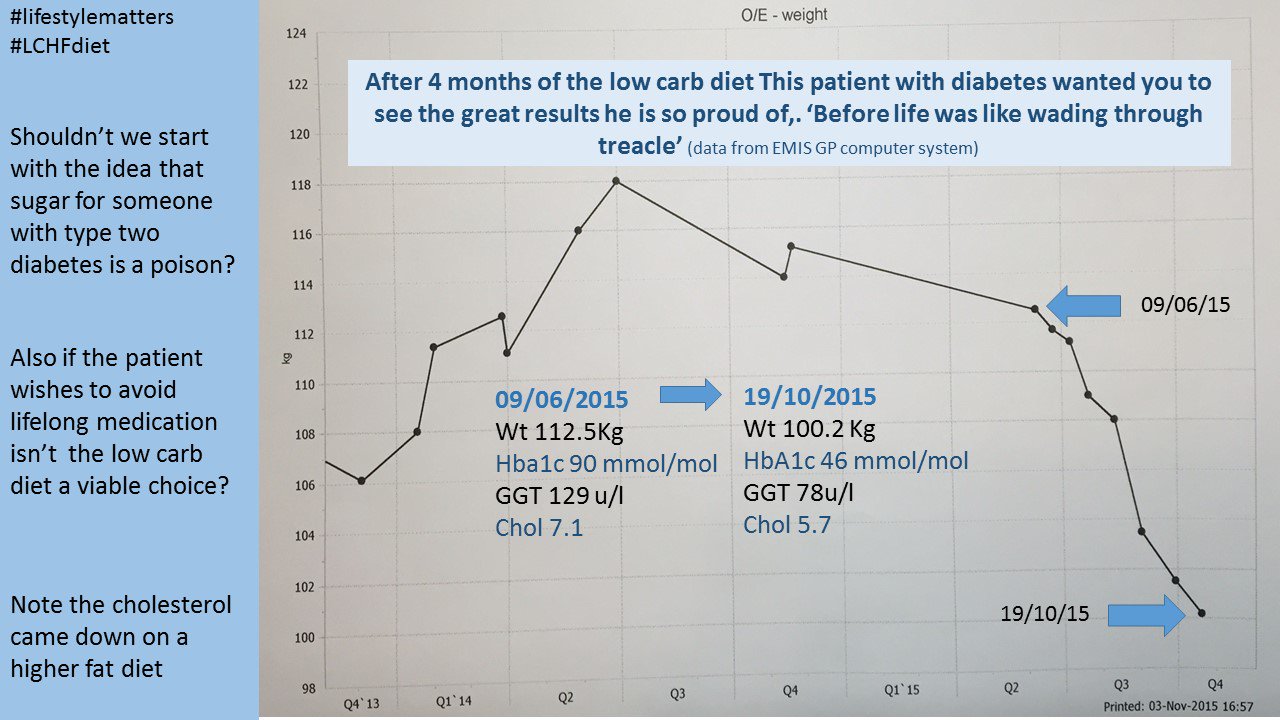The Disclosures section currently reads:
“Pamela Dyson declares that she has no conflict of interest.”
The author wishes to make the following alteration:
“Pamela Dyson is CEO of The Oxford Health Alliance, a registered charity which has received funding from commercial sponsors including Novo Nordisk A/S and the PepsiCo Foundation. This paper was an invited review for which all publication charges were waived by the journal and no sponsorship was received.”
http://link.springer.com/article/10.1007/s13300-015-0139-6/fulltext.html
Original article
Low Carbohydrate Diets and Type 2 Diabetes: What is the Latest Evidence?
Abstract
Introduction
Low carbohydrate diets are again in the spotlight and have been identified as particularly appropriate for people with type 2 diabetes. There is confusion amongst both health professionals and people with diabetes about the suitability of these diets. This review aims to provide an overview of the latest evidence and to explore the role of low carbohydrate diets for people with type 2 diabetes.
Methods
An electronic search of English language articles was performed using MEDLINE (2010–May 2015), EMBASE (2010–May 2015), and the Cochrane Central Register of Controlled Trials (2010–May 2015). Only randomized controlled trials comparing interventions evaluating reduced carbohydrate intake with higher carbohydrate intake in people with diagnosed type 2 diabetes were included. Primary outcomes included weight, glycated hemoglobin, and lipid concentrations.
Results
Low carbohydrate diets in people with type 2 diabetes were effective for short-term improvements in glycemic control, weight loss, and cardiovascular risk, but this was not sustained over the longer term. Overall, low carbohydrate diets failed to show superiority over higher carbohydrate intakes for any of the measures evaluated including weight loss, glycemic control, lipid concentrations, blood pressure, and compliance with treatment.
Conclusion
Recent studies suggest that low carbohydrate diets appear to be safe and effective over the short term, but show no statistical differences from control diets with higher carbohydrate content and cannot be recommended as the default treatment for people with type 2 diabetes.
http://link.springer.com/article/10.1007%2Fs13300-015-0136-9
My n=1 study reaches a different conclusion




